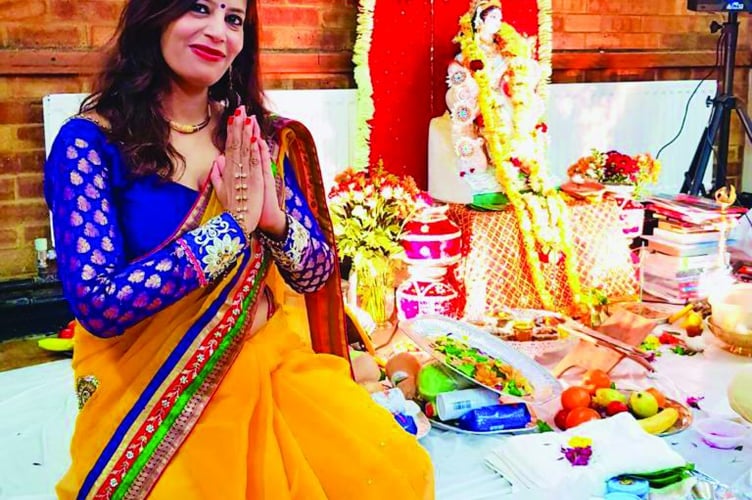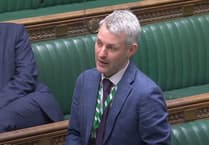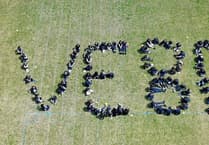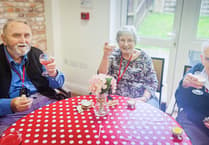CHRISTMAS is over and the cold weather is here to stay, but it’s not the end of the festive period just yet.
On February 10, the Old Woking Community Centre in Sunridge Road will come alive with the chants of mantras and the reverberation of music and dance as Prabashi, a registered local charity, hosts its annual Vasant Panchami celebration, now in its eleventh year.
In India, Vasant Panchami marks the arrival of spring and is celebrated across the country in different ways. In Woking, this event is celebrated with prayers, music and dance, and warms hearts at the peak of winter.
Forty-year-old Sumana Ghosh, who has been a voluntary cultural secretary for Prabashi since 2010 and is also a well-known face among Woking’s Indian community, talked to the News & Mail about the event.
Q: Can you tell me a bit about the Vasant Panchami celebrations in Woking? How and when did it all start?
A: The festival of Vasant Panchami usually falls between January or February and marks the arrival of spring. It is also a time to honour Saraswati, the goddess of knowledge, music and art. In many parts of India, especially Bengal and the North East, families with school or college-going children pray to Saraswati.
The word Prabashi means a person living away from homeland. In 2008, a small group of around 10 people, most of whom worked in the IT department of Petrofac’s Woking branch, held the first Vasant Panchami event in Woking as we wanted our children to learn about our culture. Around 200 people attend this event now.

Q: Could you provide some details about the event?
A: The event starts with a prayer, followed by prasad distribution and lunch. This is followed by a cultural programme, which is the main attraction of this event as it is all about singing, dancing and rejoicing. For over three hours, we see musical, drama and dance performances from children as well as adults. We have had children as young as two-year-olds and grown-ups perform Bollywood and classical dances in front of a hall full of very enthusiastic audience. We would like more children to participate in the programme.
Q: How is the event funded and when do the preparations begin?
A: The event is funded through tickets, which are used for paying the hall rent, arranging food and stage decorations. Until a few years ago, some of us ladies used to cook the food in our kitchens but as the event grew we outsourced this to caterers. We start preparing at least a month in advance. As the cultural secretary, I along with other Prabashi members, voluntarily teach dance to kids and ladies.
For more details, visit www.prabashi.org.uk.




